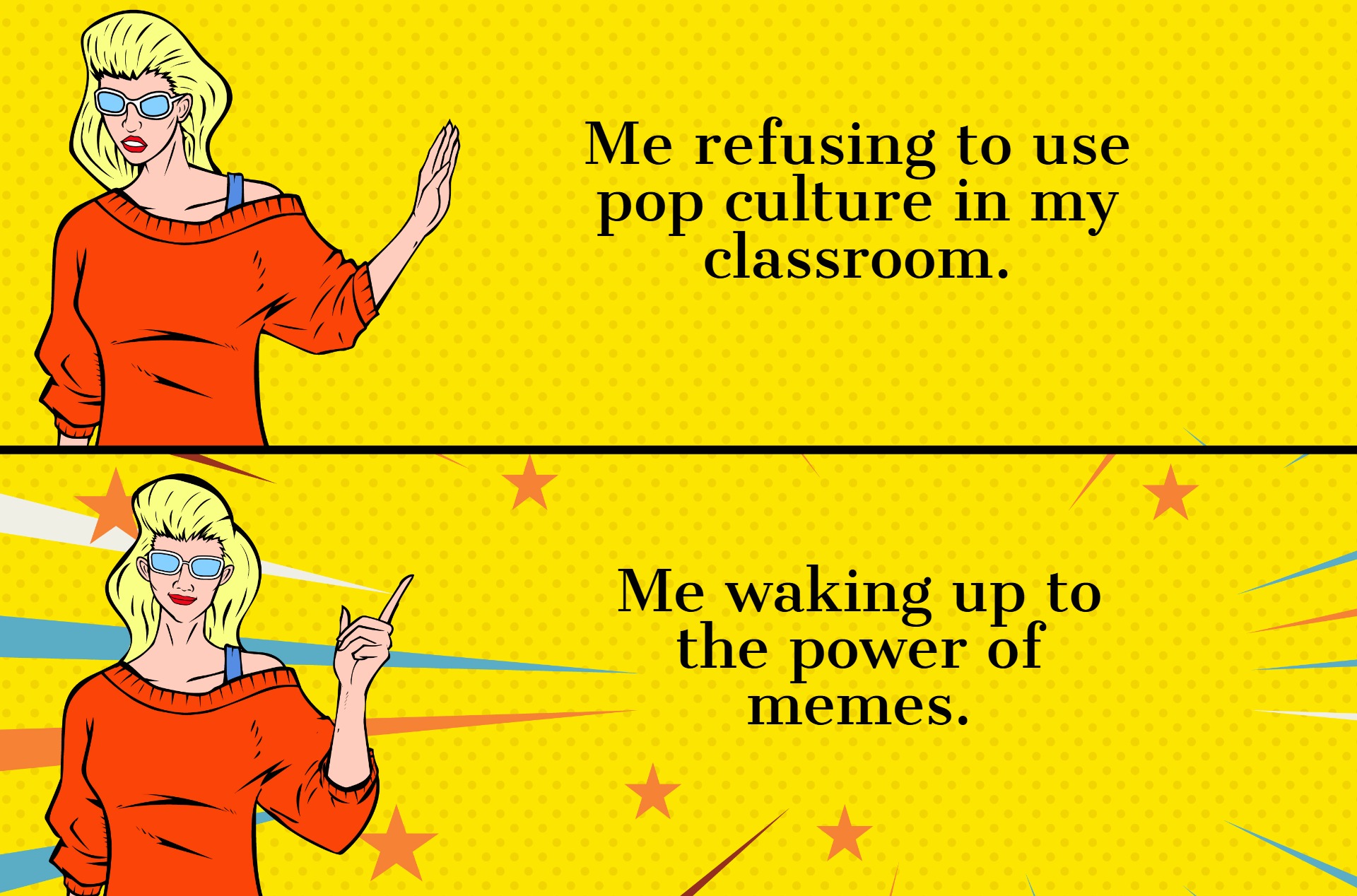Publicly engaged PhDs shift the notion of the ivory tower
Two scholars question the premise of research universities as knowledge creators and disseminators.

It is nothing new that universities have tried to open up and chisel away the notion of the ivory tower. Terms such as “knowledge translation” and “knowledge dissemination” are easy to come across on university websites, in grant applications, as well as in higher-ed conversations.
Now, a newer generation of doctoral students is taking it a step further. Their research counters the notion that knowledge and expertise are created in universities and then shared with other sectors. Rather, their work is developed both inside and outside academia. It seeks to bring a sense of porous boundaries through which experience, professional practice and research mutually inform and enrich one another.
Two examples of this are the research projects that Bailey Gerrits and Ashley Whillans are working on. Ms. Gerrits is a Pierre Elliott Trudeau Foundation scholar and political science doctoral candidate at Queen’s University; Dr. Whillans was a graduate student in the first cohort, in 2015, of the public scholars initiative at the University of British Columbia and was recently appointed an assistant professor at Harvard Business School. During the 2017 Congress of the Humanities and Social Sciences at Ryerson University, they discussed their publicly engaged PhD experiences in a panel discussion co-organized by the foundation and UBC’s public scholars initiative.
Ms. Gerrits’ research focuses on media coverage of domestic violence in Canada. It requires spending time and working with survivors, practitioners, activists and advocacy groups. These groups have already identified many of the problems but sometimes lack the capacity to formalize and advance research.
As a doctoral student, Ms. Gerrits has the legitimacy and access to resources that come with universities, and can serve as a bridge that connects her and their knowledge to formulate more rigorous and evidence-based research questions. Her work centres on the voices of women, vulnerable communities and on-the-ground experts. She is then able to circulate this knowledge in academic circles, texts and classrooms. Engaged research gives her a sense of meaning, social relevance and community responsibility. Building these relationships, she believes, is the way to lead change.
For Dr. Whillans, public engagement is all about working across sectors. A social psychologist and passionate researcher on well-being and happiness, she does not take no for an answer. She became a recognizable name and face in local government circles, and went on to co-found the department of behavioural science in the British Columbia public service agency.
Dr. Whillans’ doctoral work included collaborating with community groups, consulting for various organizations, and serving as a subject expert to the White House social and behavioral sciences team in the U.S. federal government. She says working in government has turned her into a better scientist because it makes her question how science works, and pushes her to think harder about context specificity. In her own words, “It has made me think about research questions in a much deeper way.” She is determined to carry on this research practice as a professor, choosing to spend a lot of time interacting with non-profit, business and government entities that are outside the university setting.
Ms. Gerrits’ and Dr. Whillans’ boldness and enthusiasm, however, should not be mistaken for disregard toward the perils of valuing public engagement as part of their doctorates. They are open about the obstacles and challenges they encountered along the way. They are cautious about their privileged positions as doctoral students with prestigious scholarships, the power imbalances their engagement brings into play, and the risks of overcommitting and burning out. Similarly, they are no strangers to the pressures and expectations of an academic culture that, to a certain extent, is still deeply focused on publishing their research in traditional outlets.
Listening to their discussion was an opportunity to get a glimpse into a new generation of leaders who are attempting to transform doctoral work. Serving as bridges and relationship-builders, they are questioning the premise of research universities as knowledge creators and disseminators. Rather, their frank and engaged ways evoke the image of a public square where people from all walks of life meet to exchange ideas, build dialogue, work together, but also simply sit down and chat. Their work is an example of how academia can be a dynamic space where different people share their resources and expertise to think together and do things together.
Gina Beltrán is the leadership and public interaction program officer at the Pierre Elliott Trudeau Foundation. She has a PhD from the University of Toronto.
Featured Jobs
- Canada Excellence Research Chair in Computational Social Science, AI, and Democracy (Associate or Full Professor)McGill University
- Business – Lecturer or Assistant Professor, 2-year term (Strategic Management) McMaster University
- Psychology - Assistant Professor (Speech-Language Pathology)University of Victoria
- Veterinary Medicine - Faculty Position (Large Animal Internal Medicine) University of Saskatchewan















Post a comment
University Affairs moderates all comments according to the following guidelines. If approved, comments generally appear within one business day. We may republish particularly insightful remarks in our print edition or elsewhere.